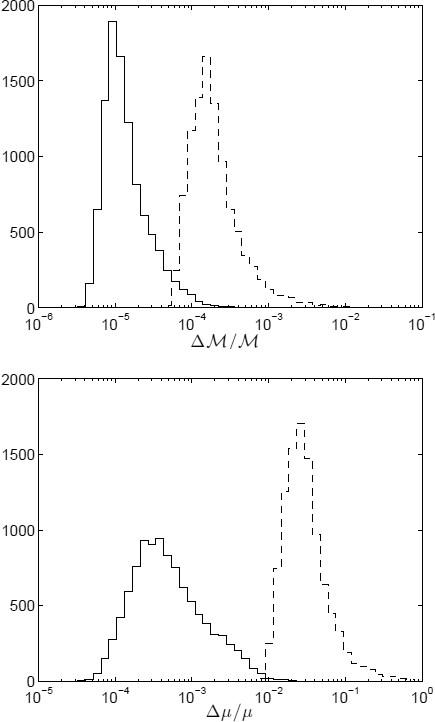物理学,天体物理学和宇宙学与引力波
IF 26.3
2区 物理与天体物理
Q1 PHYSICS, PARTICLES & FIELDS
引用次数: 669
摘要
引力波探测器的灵敏度已经达到了令人感兴趣的水平,而且它们有一个升级的路径,到2014年应该会产生安全的探测。我们回顾了引力波的物理学,它们如何与探测器(杆和干涉仪)相互作用,以及这些探测器是如何工作的。我们研究了最可能的引力波来源,并回顾了用于从探测器噪声中提取引力波信号的数据分析方法。然后我们考虑引力波探测和观测对物理学、天体物理学和宇宙学的影响。本文章由计算机程序翻译,如有差异,请以英文原文为准。

Physics, Astrophysics and Cosmology with Gravitational Waves
Gravitational wave detectors are already operating at interesting sensitivity levels, and they have an upgrade path that should result in secure detections by 2014. We review the physics of gravitational waves, how they interact with detectors (bars and interferometers), and how these detectors operate. We study the most likely sources of gravitational waves and review the data analysis methods that are used to extract their signals from detector noise. Then we consider the consequences of gravitational wave detections and observations for physics, astrophysics, and cosmology.
求助全文
通过发布文献求助,成功后即可免费获取论文全文。
去求助
来源期刊

Living Reviews in Relativity
物理-物理:粒子与场物理
CiteScore
69.90
自引率
0.70%
发文量
0
审稿时长
20 weeks
期刊介绍:
Living Reviews in Relativity is a peer-reviewed, platinum open-access journal that publishes reviews of research across all areas of relativity. Directed towards the scientific community at or above the graduate-student level, articles are solicited from leading authorities and provide critical assessments of current research. They offer annotated insights into key literature and describe available resources, maintaining an up-to-date suite of high-quality reviews, thus embodying the "living" aspect of the journal's title.
Serving as a valuable tool for the scientific community, Living Reviews in Relativity is often the first stop for researchers seeking information on current work in relativity. Written by experts, the reviews cite, explain, and assess the most relevant resources in a given field, evaluating existing work and suggesting areas for further research.
Attracting readers from the entire relativity community, the journal is useful for graduate students conducting literature surveys, researchers seeking the latest results in unfamiliar fields, and lecturers in need of information and visual materials for presentations at all levels.
 求助内容:
求助内容: 应助结果提醒方式:
应助结果提醒方式:


